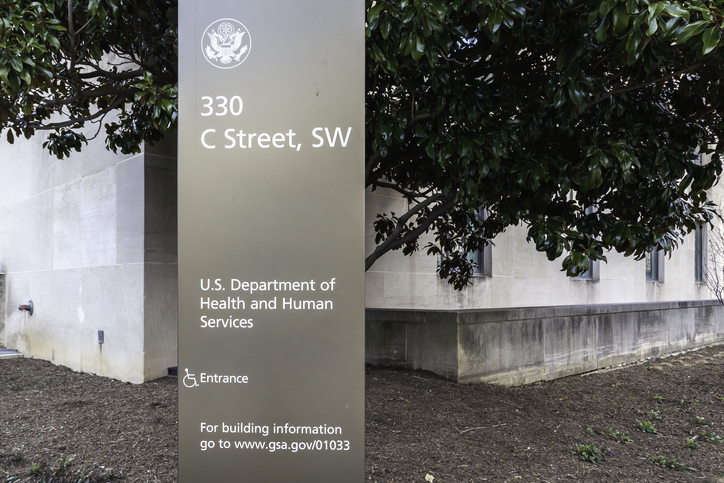Medicare Advantage is a fairly popular part of Medicare, allowing seniors to opt out of the conventional government-run system and instead select private coverage offered by health insurers. Nationally, around 30 percent of all Medicare beneficiaries are enrolled in a private plan.
Needless to say, this drives the left nuts, as it opens the door to the heretical idea that individuals might have some slight ability to make decisions for themselves where before the decisions were made by government bureaucrats. Killing Medicare Advantage (MA) has been a priority of the left for a while now, and they have succeeded in chipping away at it in recent years, including cuts in payments paid to insurers who provide MA coverage. The basic idea is to reduce payments so fewer insurers will be willing to participate in the program, strangling it over time.
It looks like the left has found another strategy to make MA less appealing for insurers to participate in, by hitting them with massive fines for inaccuracies in their provider directories. Susan Jaffe of Kaiser Health News reports today:
Obamacare, Private Medicare Plans Must Keep Updated Doctor Directories In 2016
Starting next year, the federal government will require health insurers to give millions of Americans enrolled in Medicare Advantage plans or in policies sold in the federally run health exchange up-to-date details about which doctors are in their plans and taking new patients.
Medicare Advantage plans and most exchange plans restrict coverage to a network of doctors, hospitals and other health care providers that can change during the year…
On its face, reasonable enough – patients should have some idea of which doctors are in or out of the plans they are considering. What’s interesting is the penalty for MA plans that have a mistake or outdated data on their plan directories:
Inaccuracies in the Medicare Advantage directories may trigger penalties of up to $25,000 a day per beneficiary or bans on new enrollment and marketing.
Whoa. That’s pretty steep, and it’s easy to see how an insurer might, as a result of just a few errors, take a big hit and decide the compliance costs and risk of severe financial penalties make it no longer worthwhile to participate in MA.
But because they’re also targeting private insurers selling on the Obamacare exchanges, surely there’s no reason to believe this is the sought-after result, right?
The federal exchange plans could face penalties of up to $100 per day per affected beneficiary for problems in their directories.
So, $100 a day for insurers serving Obamacare, which the administration obviously doesn’t want to drive insurers away from, vs. $25,000 per day plus potential enrollment and marketing bans for the exact same infraction when committed by an MA insurer.
It’s not difficult to figure out what’s going on here.





